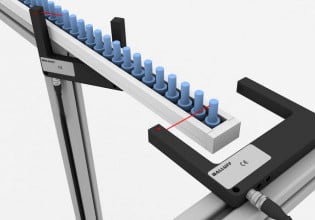A
for client server communication and it is working fine. now req is my slave device should respond to the diff slave addresses polled by master/client. Can I just change slave id and establish connection? or I need to close previous connection and again establish new one?






